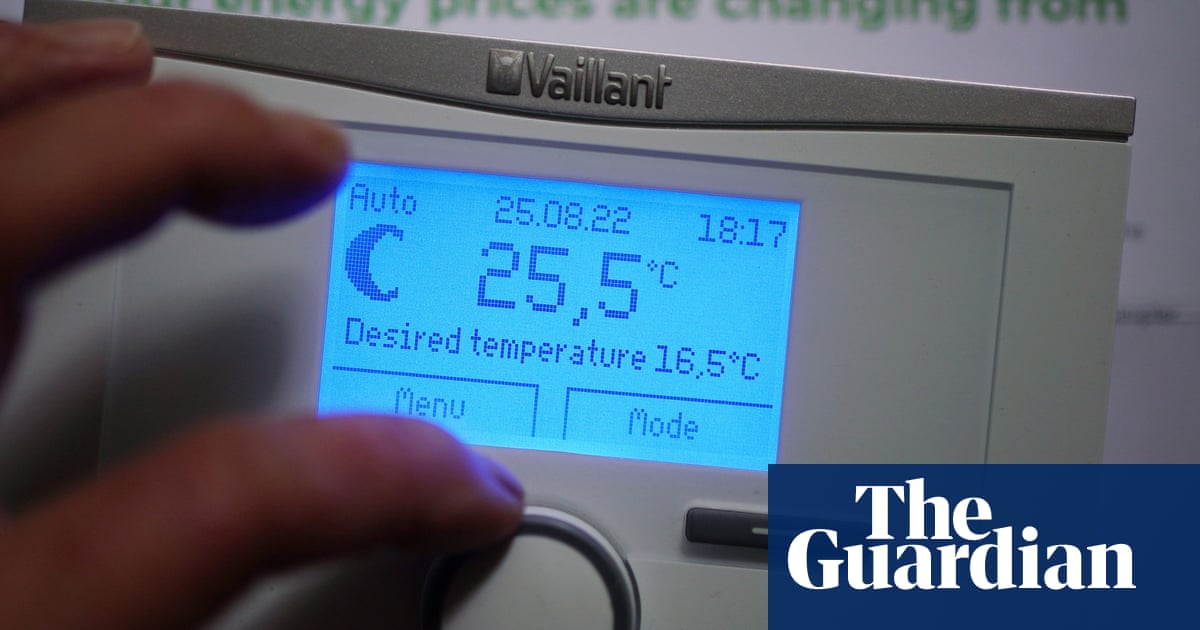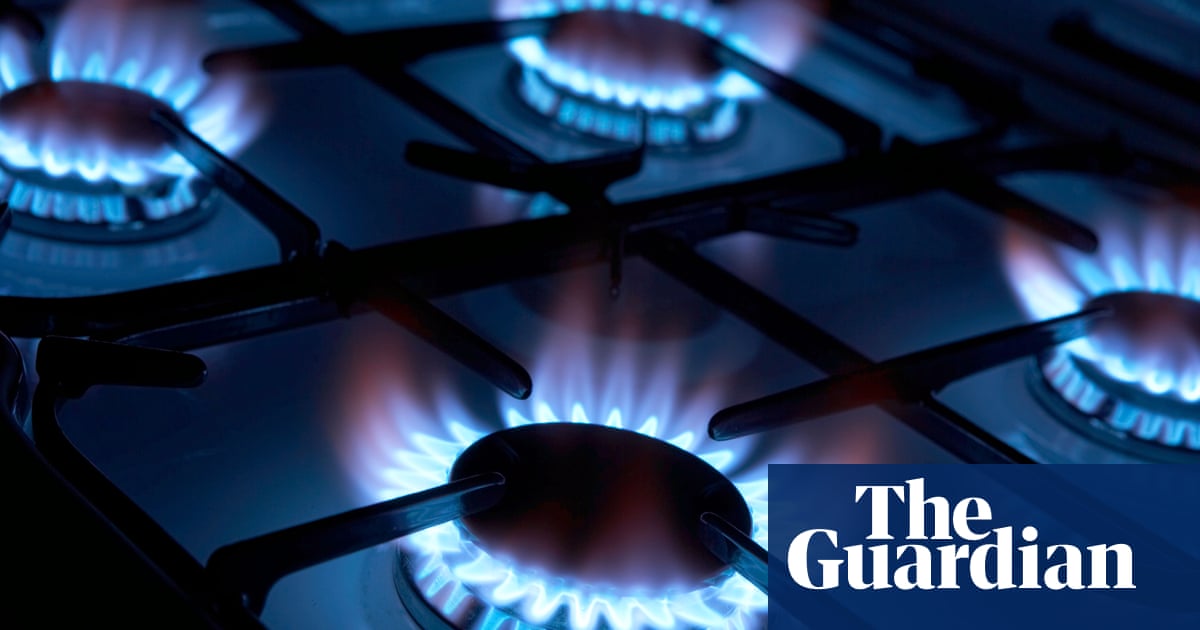
Energy bills will rise for about 15 million households in Great Britain from April after the regulator, Ofgem, lifted the price cap on standard tariffs back to pre-pandemic levels.
Ofgem said that for six months from April the price cap will increase by £96 to £1,138 for 11 million customers on a standard dual-fuel energy tariff, and by £87 to £1,156 for 4 million prepayment meter customers.
The regulator blamed the higher than expected rise on the sudden increase in prices on the wholesale energy markets. It also added an extra charge to help energy companies recover cash from households that have been unable to keep up with their bills during the Covid-19 crisis.
“Energy bill increases are never welcome, especially as many households are struggling with the impact of the pandemic,” said Jonathan Brearley, the chief executive of Ofgem. “We have carefully scrutinised these changes to ensure that customers only pay a fair price for their energy.”
The decision to lift the energy price cap for the first time in two years has dismayed consumer groups, which have warned that many households already face mounting financial difficulties because of the economic impact of Covid-19.
The regulator’s decision to include a £23 increase to help energy companies claim back the cash they have missed because of unpaid bills has also raised concerns that more consumers could be pushed into debt.
Adam Scorer, the chief executive of the fuel poverty charity National Energy Action, said the increase could mean that “desperate situations will become much, much worse”.
He said: “People on the lowest incomes and in the worst housing are always hit hardest. Heating a poorly insulated home costs around £50 a month more than a decent home. If bills rise by around £100, millions of households have two stark choices: stay cold or fall further into debt.”
Ofgem said the £23 allowance would ensure that energy suppliers could continue to supply energy and offer payment plans or emergency financial help to protect their customers – especially those in vulnerable circumstances.
“As the UK still faces challenges around Covid-19, during this exceptional time I expect suppliers to set their prices competitively, treat all customers fairly and ensure that any household in financial distress is given access to the support they need,” Brearley said.
“The government and Ofgem have been working with the energy industry and consumer groups to support customers through this difficult time and I urge anyone worried about paying their energy bills to contact their supplier and access the help available.”
Energy suppliers are required to provide emergency credit to customers struggling to top up their prepayment meters and to put those who are behind on their bills on affordable repayment plans. They should not disconnect their customers.
Alistair Cromwell, the acting chief executive of Citizens Advice, said the energy bill increase would hit millions of households as the government prepared to remove a £20-a-week Covid-19 benefit through the universal credit scheme
“With a tough jobs market and essential bills rising, now is not the time for the government to cut this vital lifeline,” he said.
The regulator added that the price cap, which is designed to protect consumers from unfair tariffs, would still help to save consumers up to £100 a year on their energy bills compared with typical energy price rises without a cap. It estimates consumers could save £150 if they look to shift energy tariffs.












